Introducing Andrew Green
Andrew is a CBT-I sleep therapist based in Bristol, in the UK. 🇬🇧
His professional background started in occupational therapy, where he first worked in mental health and then, for about 25 years, in neuropsychiatry.
In 1999, Andrew began working in a group treatment programme for people with insomnia, which triggered his dive into insomnia and other sleep problems.
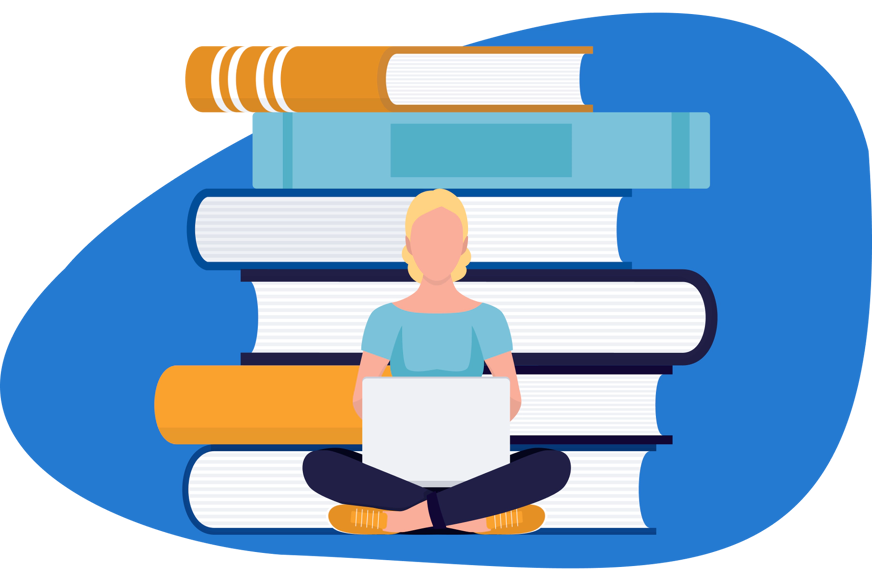
Since leaving the health services, he's developed his own private therapy practice and coaches people from all over the world on sleep and insomnia, both in person and online.
Andrew also does occasional training events and hopes to get around to working on a new book in the near future. 📚
Diving Into CBT-I And Sleep Therapy
We had the chance to ask Andrew a few questions about his approach to sleep therapy and CBT-I.
What is CBT-I and sleep therapy?
I’m not entirely happy with the term “sleep therapy”, although I do use it in the absence of anything better.
I use it to distinguish from CBT-I because I can advise on a wide range of sleep problems beyond insomnia (the main exceptions being obstructive and central sleep apnoea, where I am not able to offer any advice).
I think of sleep coaching as looking for ways to improve or optimise healthy sleep.
I find this is mostly about allocating the time for sleep, winding down properly, and learning to switch the mind away from work or other problems. 🧘♂️
In the case of winding down, there is quite an overlap with Cognitive Behaviour Therapy for Insomnia (CBT-I).
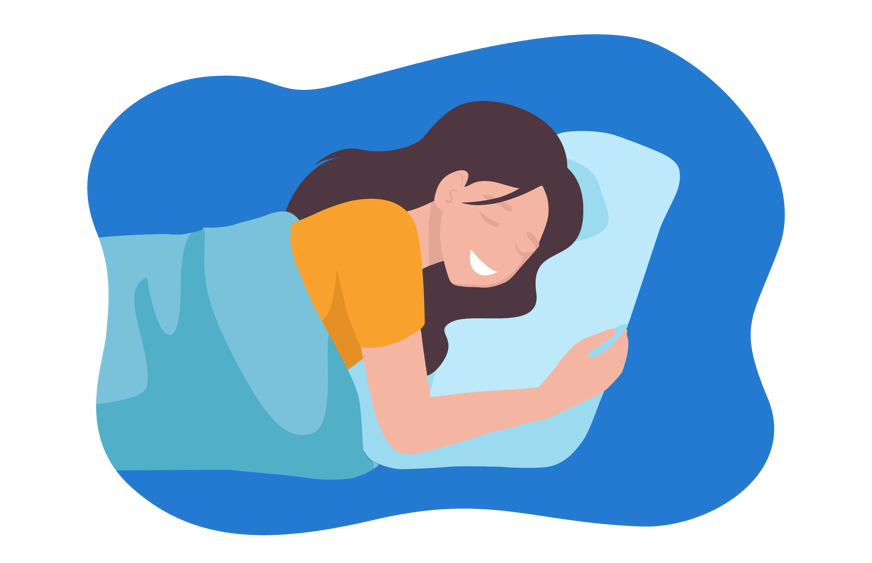
CBT-I is a package of measures that can be applied according to individual needs and circumstances.
The behavioural strategies work by first increasing sleep efficiency (time asleep divided by time in bed) and by creating a better association between the bedroom and sleep – i.e., making it a place where you expect to sleep and not somewhere you go to look at social media, for example. 📱
Therapy In Practice: How Does Andrew Work?
If you've thought about CBT-I, you may be wondering how a session on this even works - or how to get started.
Andrew shares some insight here.
How do you approach your work with clients?
Despite what some critics of CBT-I might say, the first step is always assessment, as it is in coaching - getting an account of the individual's sleep routines and what happens in sleep. 🧐
I also want to get a sense of how they lead their lives, where they live, and who they live with.
I particularly want to ensure that there is nothing that would be better managed (or that should be managed) at a sleep clinic.
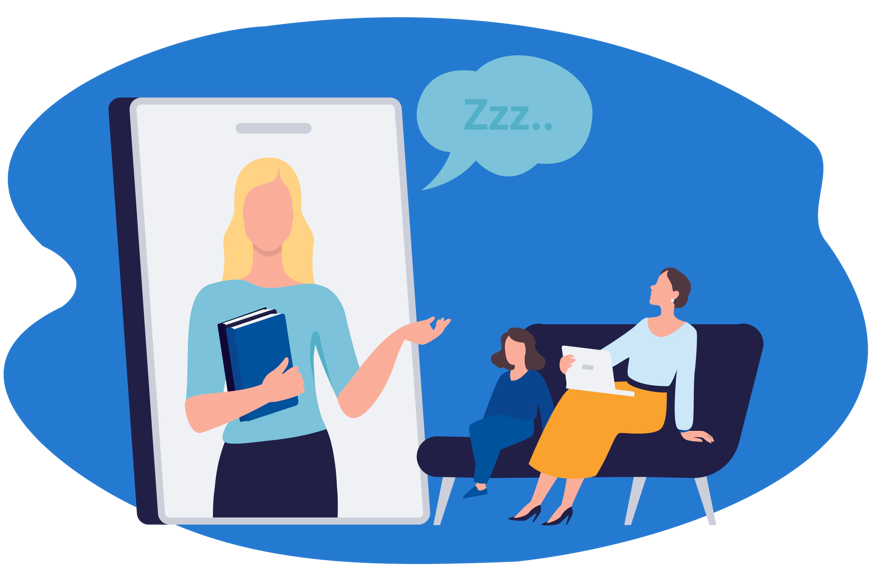
What I do next depends very much on what anyone tells me, but often, it is to see whether a more regular [sleep] schedule can be established. 🗓️
Understanding Sleep And Sleep Problems
We also had the chance to pick Andrew’s brain on some more pressing issues with sleep in today’s world - and what he thinks we can do to solve the problem.
What’s one of the main issues with sleep quality and sleep hygiene in today’s world?
I think it can be summed up in the term “the 24-hour society”. ⏰
It is far too easy - and tempting - to stay up into the night looking at a screen.
Since working at home is more common, people end up working late, whereas, before COVID-19, people would never drive back to the office for a late meeting.
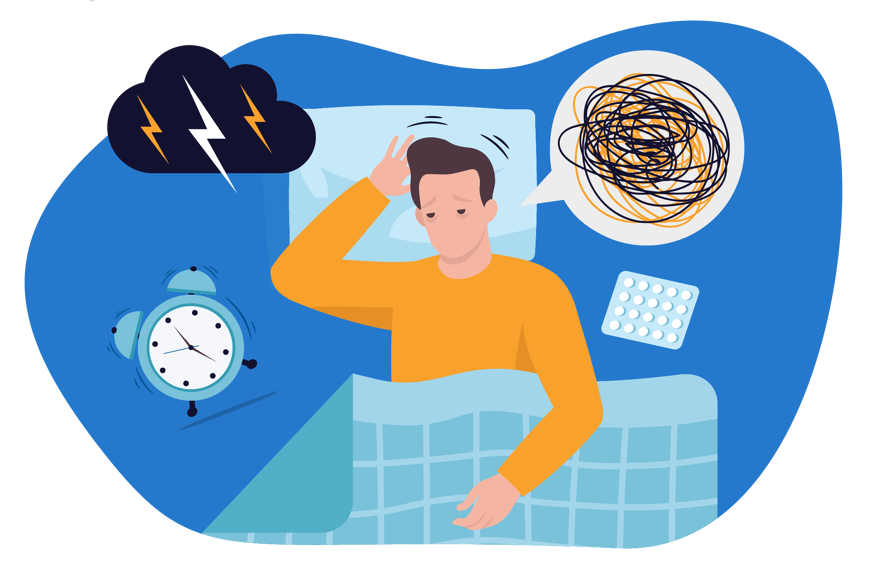
There is also a huge problem for many people who work across time zones. 🌏
Often, for example, people working in Asia for companies based in Western Europe or the USA have to be at their computers until late at night and try to wind down or have some personal time before sleep, and yet still have to get up at 6 am to get the children ready for school.
Do you believe that any sleep accessories, sleep trackers, or other sleep essentials (like oils, pillow mists, etc.) are helpful?
I am not a great believer in devices and accessories in ordinary circumstances.
Obviously, there are useful remedies for specific problems: if someone is in a noisy environment, it does make sense to use earplugs or an eye mask or blackout where it is hard to achieve darkness. 🌘
I never recommend using oils and the like, but equally, if someone finds them helpful, I would not suggest stopping (although I do worry that people can become dependent on any kind of prop and might then have trouble in any situation where it is not available).
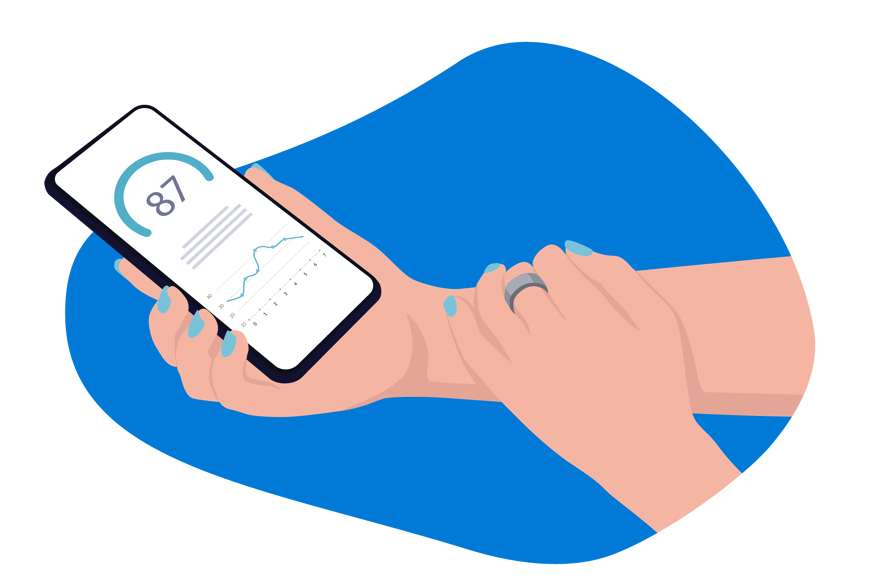
Trackers have their uses.
I am still unsure how accurate they are, especially with regard to distinguishing between the stages of sleep, but they can be useful when dealing with a sleep problem because you can leave all the measuring to the device - It may not be precise, but it saves having to look at the clock in the night and, accurate or not, it will show any change over the weeks.
On the other hand, I worry that they can lead to an unhelpful preoccupation with sleep and performance, especially, for example, when people worry about how much or how little deep sleep they get.
If someone has a tracker, I am mostly relaxed about them continuing to use it instead of keeping a traditional sleep diary, but I would never recommend that anyone buy one. ⌚️
If you could give someone one piece of advice for better sleep, what would it be?
I think it was Colin Espie [3] (one of Britain’s leading academic researchers on sleep and insomnia) who, at a course or conference I went to, observed that good sleepers don’t think about sleep; they just do it.
But you cannot really advise someone who is sleeping badly just to think and act like a good sleeper.
More practically, I would advise anyone to remember that sleep is a natural process that is regulated by light and dark and by routine and that enough time should be set aside for it. 💤
Getting up at the same time every day helps to maintain a routine.
Andrew Green and Sleep Hero
We are very proud of our collaboration with Andrew and the invaluable knowledge and experience he adds to the Sleep Hero team.
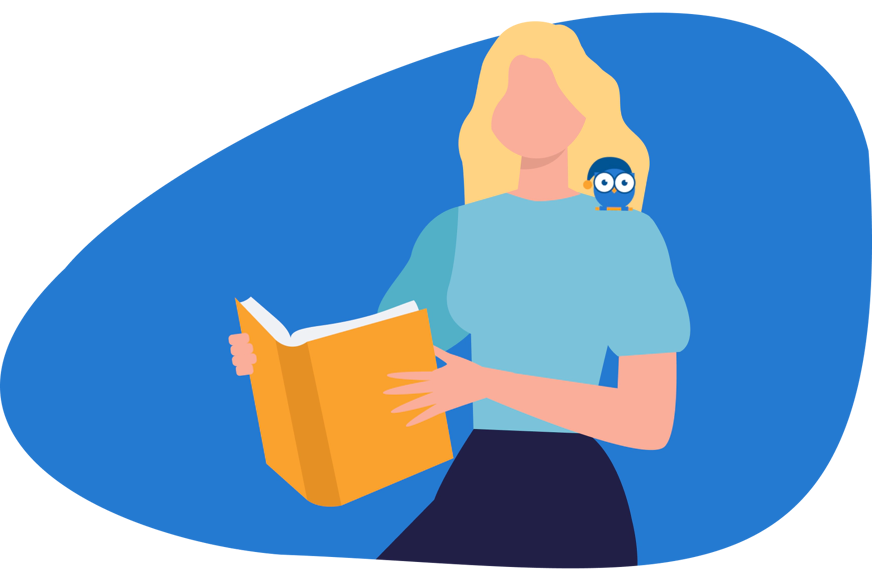
With him by our side, we can further assist you in getting the best sleep possible, myth-busting some common sleep-related beliefs, and helping you understand your sleep troubles.
You may be interested in some of our other expert interviews:
- Sleep coach Björn Steinbrink talks about the importance of quality sleep.
- Susanne Willekes, a qualified sleep coach for children, shares some of her best coaching practices.
- Micro-nutritionist Muriel Bouquier Ouziel chats about the relationship between diet and sleep.
Check back often or browse our blog for more. 🥳
Contact Andrew Green
Contact: To contact Andrew directly for questions or sleep therapy, please email him directly at enquiries@sleeptherapywest.org or visit his Sleep Therapy West website [1].

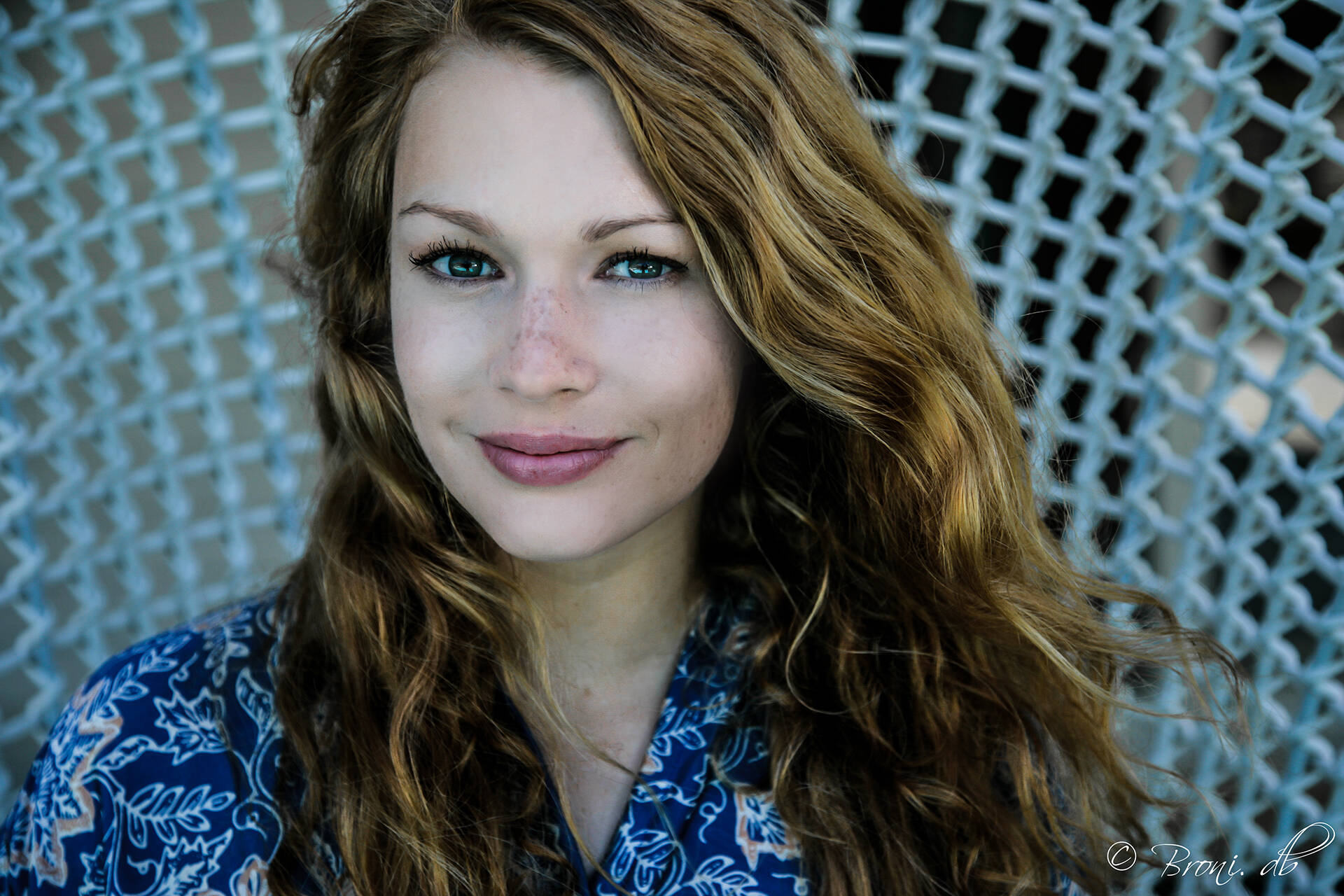





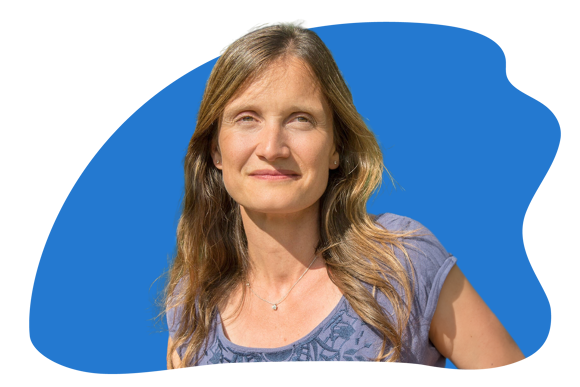




Alternatively, message us directly via the Contact Us page.